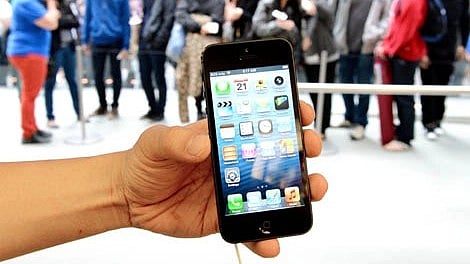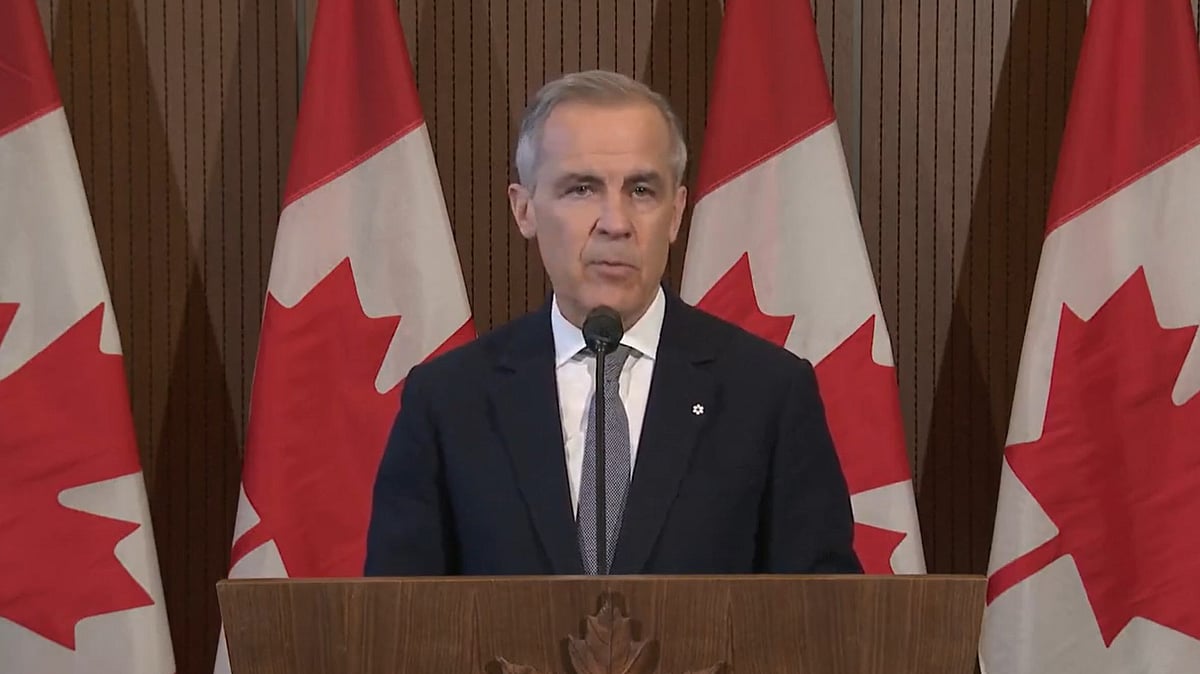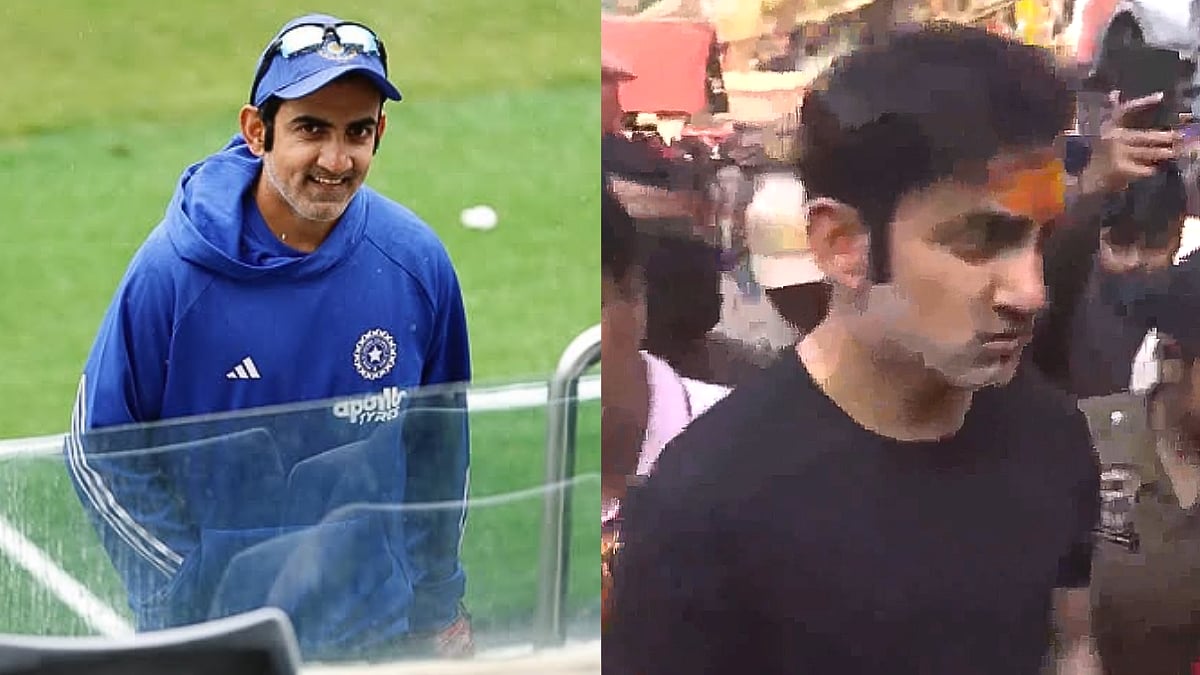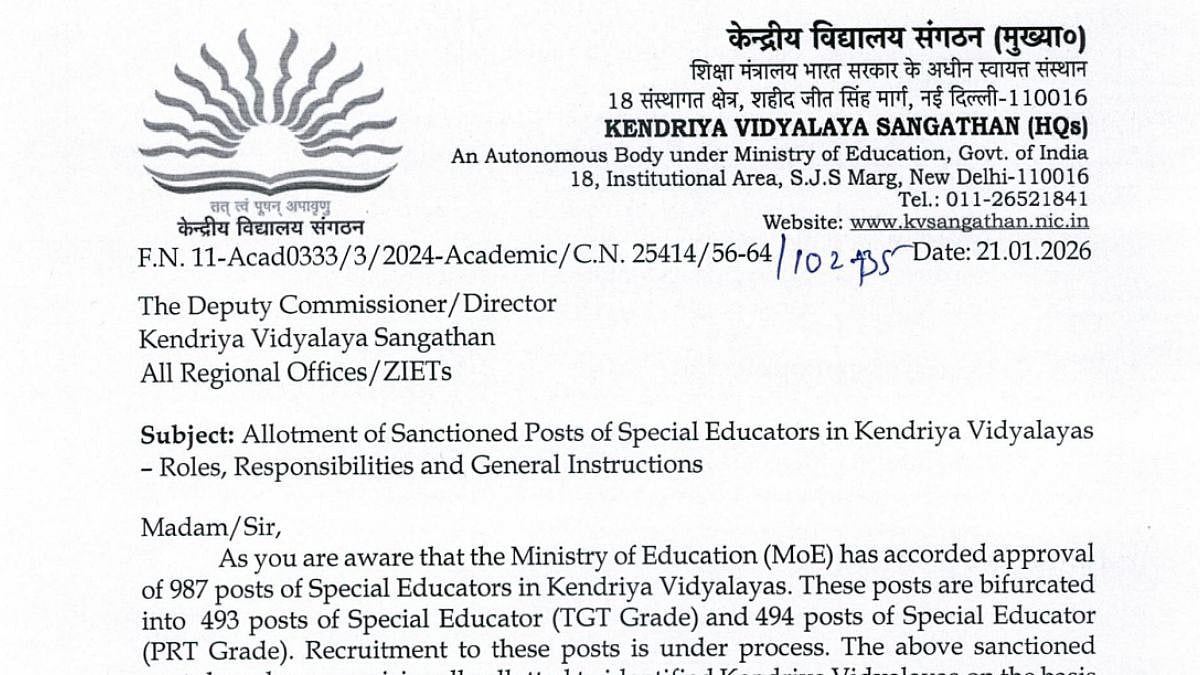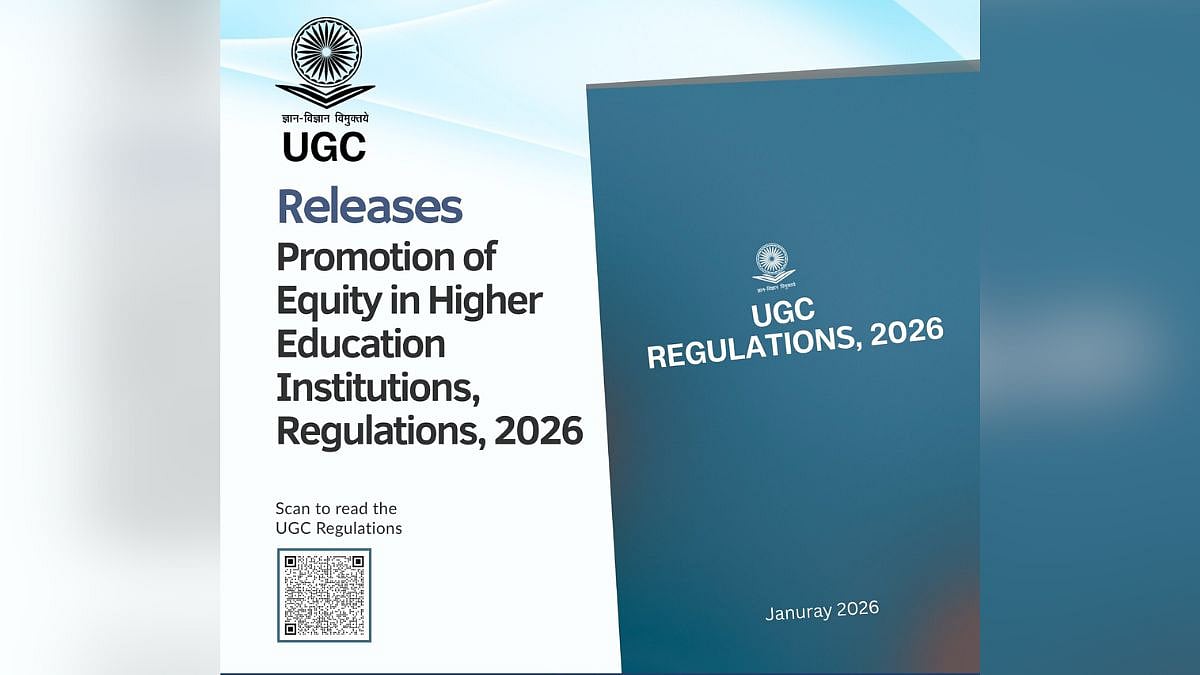Mumbai: The United Nations Educational, Scientific, and Cultural Organization (UNESCO) has expressed concerns about the excessive use of smartphones in schools worldwide, stating that it negatively impacts learning. A UNESCO report released on July 26 said that evidence showed there is a negative link between uncontrolled use of mobile phones and education performance.
Currently, one out of four countries have already banned smartphones in schools, with France having done so since 2018 and the Netherlands likely to follow in 2024.
Online learning limitations
Basanti Roy, the Former Mumbai Divisional Secretary of the Maharashtra State Board of Secondary and Higher Education, agrees with the report, highlighting that "there is a significant difference between real teaching skills and online study. Online teaching is a one-way process that is not good for students' development, as they become isolated and prefer to stay alone, engaging in games and other activities, which also affects their health. The increased use of smartphones during the pandemic has led to the launch of various educational apps, but they have their limitations."
Psychiatrist condemn use of smartphone for learning
Dr. Harish Shetty, a renowned psychiatrist based in Mumbai, shares concerns about the negative effects of excessive smartphone use, stating that it can lead to depression and anxiety in children. He believes that the disadvantages of digital media outweigh the advantages, and during the pandemic, many poor children were deprived of access to digital media due to the lack of Wi-Fi. Smartphones have become addictive, and one in three children is addicted to them. Dr. Shetty suggests launching campaigns worldwide to address this issue and compares the addictive nature of smartphones to alcohol and drug addiction.
Deepak Kesarkar, the Maharashtra School Education Minister, acknowledges the importance of discussing this issue among education experts and assures that appropriate decisions will be made by the Government of Maharashtra. He emphasizes that reading remains a viable option to tackle this problem as offline teaching has no alternative.
The report highlights that while technology can support education in certain contexts, overusing or misusing it can be detrimental.

Students can learn well even without smartphones
Anubha Srivasatav Sahay, President of the India-wide Parents Association, supports the report, advocating for a ban on smartphones for school students for 5 to 6 hours daily. She points out that during her time, there were no smartphones, yet they managed to study effectively and have now easily adopted information technology.
Shruti Patil, a 9th standard student at KMS Dr. Shirodkar High School, acknowledges the usefulness of mobile phones for accessing information but recognizes the difference in teaching skills compared to school teachers.
Yash Ghadi, a 6th standard student at the same school, shares that while his friends study on smartphones, they sometimes get distracted and play games.
Diminished reading habit due to technology
Ramesh Patil, the Principal of KMS Dr. Shirodkar High School, supports the report as a teacher. He laments that the reading culture among students has diminished due to mobile phone usage, as they tend to rely on Google for information and avoid putting in hard work.
The UNESCO report appears to be welcomed by the education sector. However, many students may have mixed feelings about it. The digital revolution holds immense potential, but it requires careful regulation in society, including its use in education.
One out of four countries has banned smartphones in schools.
France banned smartphones in schools since 2018.
The Netherlands is likely to impose a ban in 2024.
During the pandemic, poor children were deprived of education.
One out of three kids is addicted to smartphones.
Attention-deficit/hyperactivity disorder (ADHD) can occur in children due to smartphone use.
Smartphones negatively affect the concentration level of children.
A campaign needs to be launched worldwide to address this issue.
